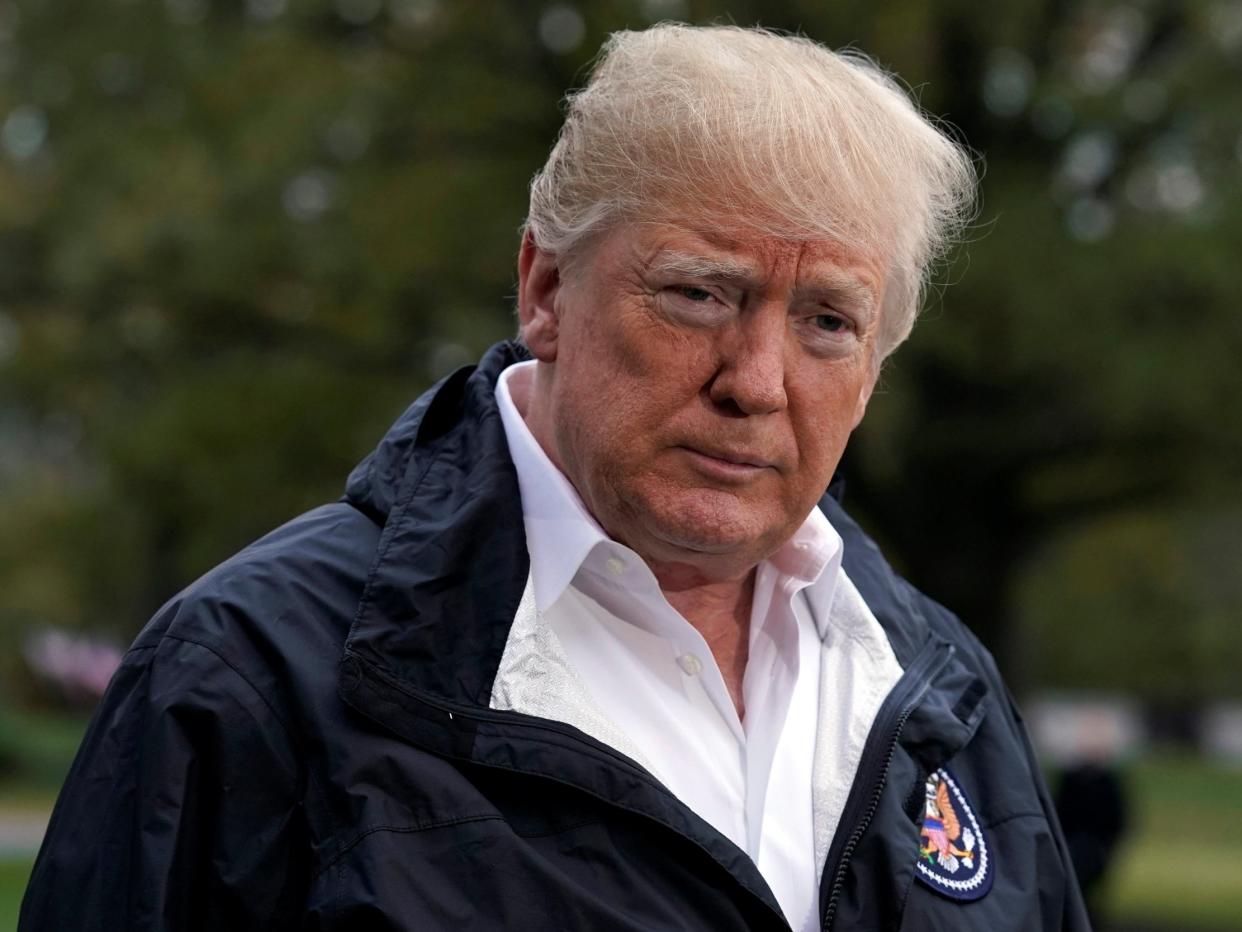Fears of sustained US campaign to undermine women’s rights at UN after failed bid to water down historic first resolution to fight sexual harassment

Campaigners have raised concerns the US is mounting a sustained campaign to undermine women’s rights at the United Nations after the country tried to water down a historic first resolution on fighting sexual harassment.
Backed by China, Russia, India, a number of Muslim countries and the Vatican, it aimed to tackle sexual harassment and violence against women.
But the US attempted remove some of the text in the non-binding resolution, specifically when it referred to access to reproductive health care services, safe abortions and acknowledging women’s right to decide on issues linked to their sexuality.
Shelby Quast, director of the US branch of Equality Now, a non government organisation (NGO) which aims to promote the rights of women and girls, said she was “disappointed” by the American effort, although she admitted she was "not surprised".
Arguing it was part of Donald Trump’s wider efforts to curb progress on women’s rights, she said: "I wish it was not the case. Their actions at the UN were incredibly problematic – we are seeing an effort to push back women’s rights in the UN and in the US. We need to be vigilant. We need to pay attention,” the director of the US branch of the NGO said.
“I am happy the international community stood up to say we are not going to allow this backtracking on women’s rights which were hard fought and hard won. A more conservative approach to women's rights is emerging in America which includes a push to control reproductive rights which is very concerning.”
She pointed to Mr Trump's reinstatement of the global “gag rule” – which bars federal funding for nongovernmental organisations that provide abortion referrals – as an example of this.
Last year the US stopped all funding to the UN Population Fund - the international body's agency focused on family planning as well as maternal and child health in more than 150 countries.
“Vice President Mike Pence is from a very conservative background and is using efforts to ensure women’s reproductive rights are lessened," she said. "We are still fighting for equality more generally. We need heightened protections and assurance they are not rolling back those protections.”
John Lotspeich, of reproductive health NGO Marie Stopes International, echoed her concerns.
“These proposed – but happily not enacted - amendments are another manifestation of a worrying trend in attacks on women’s sexual and reproductive rights," he said. "The current US Administration has been part of this since its first day, as illustrated by the re-imposition of the Global Gag Rule the day after President Trump’s inauguration.
“Nearly two years on, we are doing everything in our power to mitigate the impact of the GGR, and are very grateful for the governments and individuals who have helped us keep our teams delivering services on the ground. But a number of programmes that were heavily dependent on USAID funding remain at risk of cutbacks and closures.”
Marie Stopes provides contraception and safe abortion services in 37 countries around the world, he said.
He added: “Unless we can, over the next two years, fill the $60m (£47m) gap created by this policy, millions of women will be deprived of the contraception they want to prevent an unintended pregnancy. And, it’s the world’s poorest women and girls who will bear the brunt.”
France and the Netherlands led negotiations on the draft resolution which for the first time ever comprised language on battling sexual harassment.
It was inspired by the #MeToo movement against sexual harassment and assault which exploded last autumn after a series of sexual misconduct allegations were made against powerful men in Hollywood and a number of other industries.
It comes after the US failed to push for changes to a resolution on forced marriage at the UN last week that would have weakened access to reproductive health for girls in spite of backing from China and Muslim countries.
Last month, it was revealed the American mission to the UN is attempting to remove the word “gender” from UN human rights documents in what some have read as an attack on the transgender community.
US diplomats were said to be lobbying to replace the word “gender” with “woman” – thus discounting the experiences of transgender and gender-nonconforming people.
They are understood to have used recent meetings of the UN’s Third Committee – which deals with social and humanitarian affairs and human rights – to call for general assembly policy statements to remove what the Trump administration consider politically correct and vague language.
The US is also keen to eradicate phrases like “gender-based violence” and replace such expressions with references to “violence against women” in a draft paper on trafficking introduced by Germany and Philippines earlier this month, The Guardian reported.
“If you only say violence against women, it doesn’t really tell the whole story,” a senior diplomat at the UN told the newspaper. “We shouldn’t be going along with encouraging their society to be regressive. And if that means a blazing row in the Third Committee, I would have a blazing row in committee because I think some things are worth cherishing and worth hanging on to.”
The bid to change the wording of UN documents came just after a memo revealed the Trump administration plans to define gender as a biological, immutable condition determined by genitalia at birth.
The adoption of such a definition could have far-reaching implications for the transgender community – resulting in people being excluded from existing civil rights protections in education, employment and access to health care. Around 1.4 million Americans identify as transgender or gender non-conforming.

 Yahoo News
Yahoo News 
